Electric cars (EVs) are surging in popularity! Thinking of joining the electric revolution with a top electric vehicle but worried about charging costs? This guide is your one-stop shop! We’ll break down charging costs for electric cars in 2024, considering factors like electric car price, brand, and charging methods.
Discover how much you’ll pay to keep your new electric vehicle on the road – and be surprised by the savings compared to gas! Dive in and learn how to charge your EV efficiently and affordably.
Understanding the Basics: How Electric Vehicle Charging Works
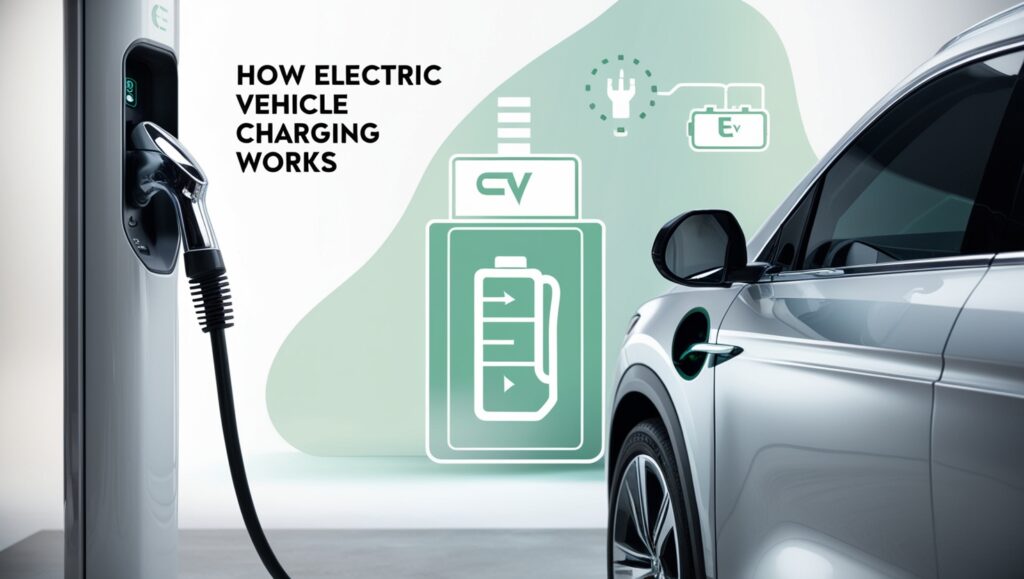
Electric cars (EVs) are the future, but how exactly do they get charged? It’s simpler than you might think! Imagine your top electric vehicle like a giant phone – it needs to be plugged in to replenish its energy. Here’s a quick breakdown of how EV charging works:
The Power Source: EVs use electricity, not gas. You can charge at home with a standard EV charger or a Level 2 charger for faster speeds (think overnight top-ups).
AC vs. DC: Household outlets provide AC (alternating current) electricity. Your EV has a built-in converter that changes this to DC (direct current), the type your battery uses.
Charging Levels: Level 1 (slowest) is ideal for overnight charging at home. Level 2 (faster) is common at public stations and workplaces. DC Fast Chargers (super-fast) are perfect for long road trips.
Ready to join the electric revolution? Understanding charging basics is key. This guide will delve deeper into different charging methods, costs, and how to find charging stations near you. So buckle up and get ready to experience the future of driving!
Home Charging vs. Public Charging: Cost Comparisons
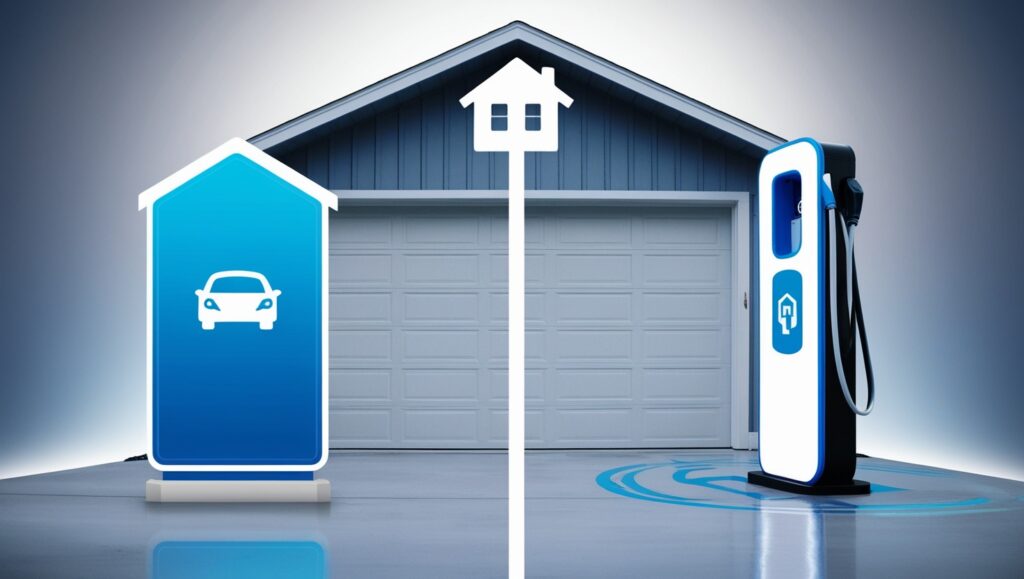
Thinking of getting a top electric vehicle (EV) in 2024? Charging costs are a key factor. This guide compares home charging vs. public charging to help you decide where to fuel your EV for maximum savings!
Charging at Home:
Budget-Friendly: Electricity is typically cheaper than gas. Plus, many utilities offer off-peak charging rates for even lower costs.
Convenience Supreme: Charge overnight while you sleep and wake up to a full battery every morning. No more gas station detours!
Public Charging:
Fast and Furious: DC Fast Chargers can top up your battery quickly, ideal for long trips.
Cost Considerations: Public stations often charge per-minute or per-kWh fees, which can be higher than home charging.
The Verdict:
Home charging is the clear winner for everyday use due to its convenience and lower cost. Public charging is best for occasional top-ups or long journeys. So, plan your charging strategy to maximize savings and keep your EV running smoothly!
Factors Influencing Electric Vehicle Charging Costs in 2024
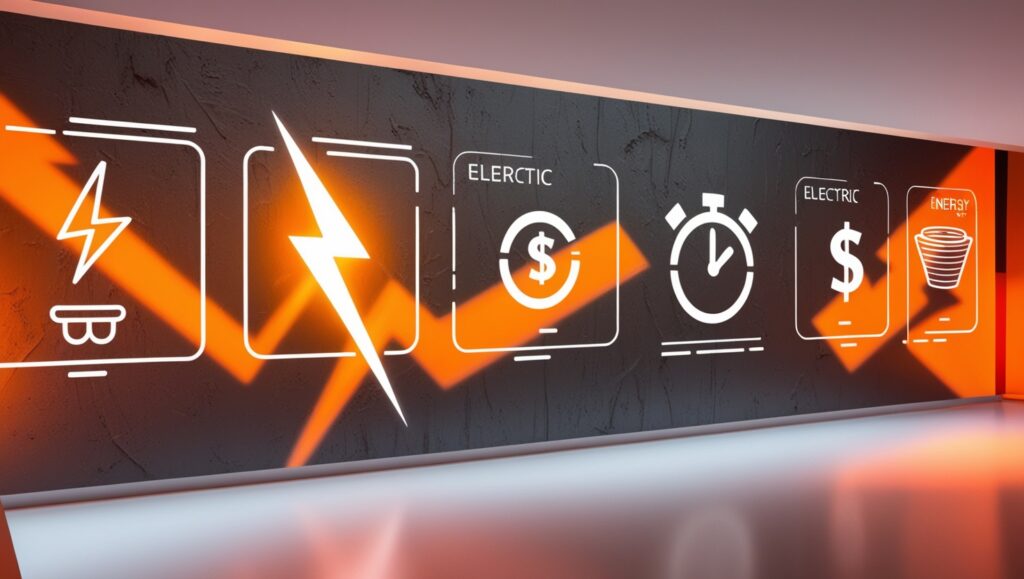
Electric vehicles (EVs) are all the rage, but how much does it really cost to keep them charged? Unlike gas-powered cars, EV charging costs depend on several factors. Understanding these factors will help you charge your top electric vehicle efficiently and affordably in 2024:
Electricity Rates: Home charging costs vary depending on your location’s electricity rates. Look for off-peak charging plans for even bigger savings.
Charging Location: Public charging stations can be pricier than home charging. DC Fast Chargers are usually the most expensive option, ideal for quick bursts on long trips.
EV Efficiency: More efficient EVs require less energy to travel the same distance, translating to lower charging costs. Research the MPGe (miles per gallon equivalent) rating of your electric car brand.
Charging Speed: The faster the charge, the higher the potential cost. Level 2 chargers at home or work offer a good balance between speed and affordability.
Ready to optimize your EV charging? This guide will delve deeper into each factor and offer tips to minimize your charging costs. So, get ready to experience the electric revolution without breaking the bank!
Tips to Minimize Your Electric Vehicle Charging Expenses

Electric vehicles (EVs) are a win for the environment, but keeping them charged can impact your wallet. Don’t worry, savvy drivers! Here are top tips to minimize your EV charging expenses in 2024:
Embrace Home Charging: Home charging is significantly cheaper than public stations. Invest in a Level 2 charger for faster overnight top-ups.
Hunt for Off-Peak Rates: Many utilities offer lower electricity rates during off-peak hours. Plug in at night and wake up to a full battery and a lighter wallet.
Master the “MPGe”: Consider the MPGe (miles per gallon equivalent) rating of your electric car brand. A higher MPGe means your EV travels further on a single charge, reducing charging frequency.
Go Green, Charge Green: Look for companies offering renewable energy sources for charging. It’s a win-win for your wallet and the planet!
Plan Your Trips Strategically: Utilize apps to locate public charging stations with competitive rates along your route. This can save you money compared to spontaneous public charging stops.
Bonus Tip: Drive efficiently! Maintaining a steady speed and avoiding harsh acceleration minimizes energy usage, extending your range and reducing charging needs.
Ready to optimize your EV charging experience? This guide will explore these tips in detail and offer additional strategies to keep your top electric vehicle running smoothly and affordably.
Regional Differences: Charging Costs Across the U.S.
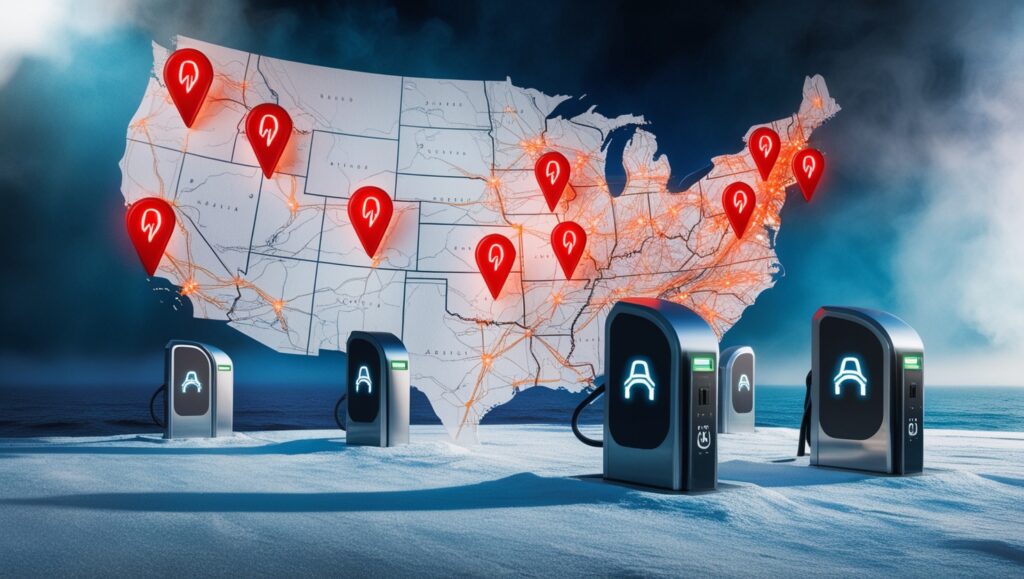
Thinking of joining the electric revolution with a top electric vehicle (EV)? Charging costs can vary depending on where you live. This guide explores regional differences in EV charging costs across the U.S. in 2024:
West Coast Power: States like California and Oregon tend to have higher electricity rates due to factors like energy mix and infrastructure. However, many offer renewable energy options for charging.
Sun Belt Savings: Southern states like Texas and Florida often boast lower electricity costs, making home charging more affordable.
Midwestern Mix: Costs in the Midwest vary by state. Research electricity rates in your area to plan your charging strategy.
Northeastern Numbers: The Northeast generally has higher electricity costs than the national average. Look for off-peak charging plans to minimize expenses.
The Takeaway: While regional differences exist, home charging remains generally cheaper than public stations nationwide. Research electricity rates and public charging station costs in your area to optimize your charging strategy and keep your electric car running smoothly and affordably.
The Impact of Charging Speed on Your Wallet
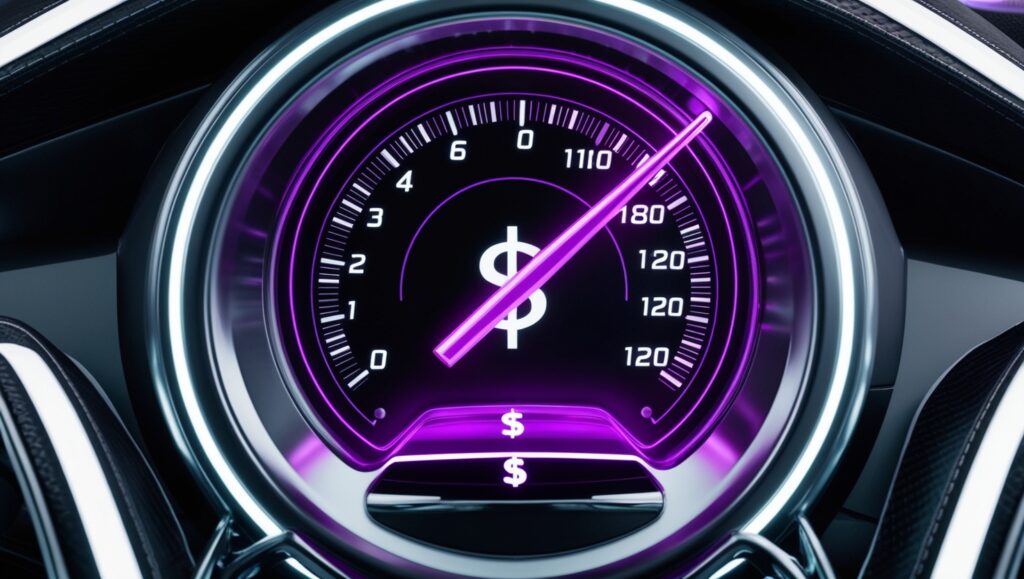
Electric vehicles (EVs) offer a world of convenience, but charging speed can impact your wallet. Here’s the quick breakdown:
Slow and Steady Wins the Race (for Savings): Level 2 chargers, common at home and workplaces, offer slower charging but are typically cheaper.
Fast Charging: A Convenient (but Costlier) Choice: DC Fast Chargers deliver a quick boost, ideal for road trips. However, their per-minute or per-kWh fees can be higher.
The Verdict: For everyday charging, prioritize slower, more affordable options like Level 2 chargers. Reserve DC Fast Charging for quick top-ups on long journeys. This way, you can keep your top electric vehicle running smoothly without draining your wallet.
Future Trends: What to Expect in Electric Vehicle Charging Costs
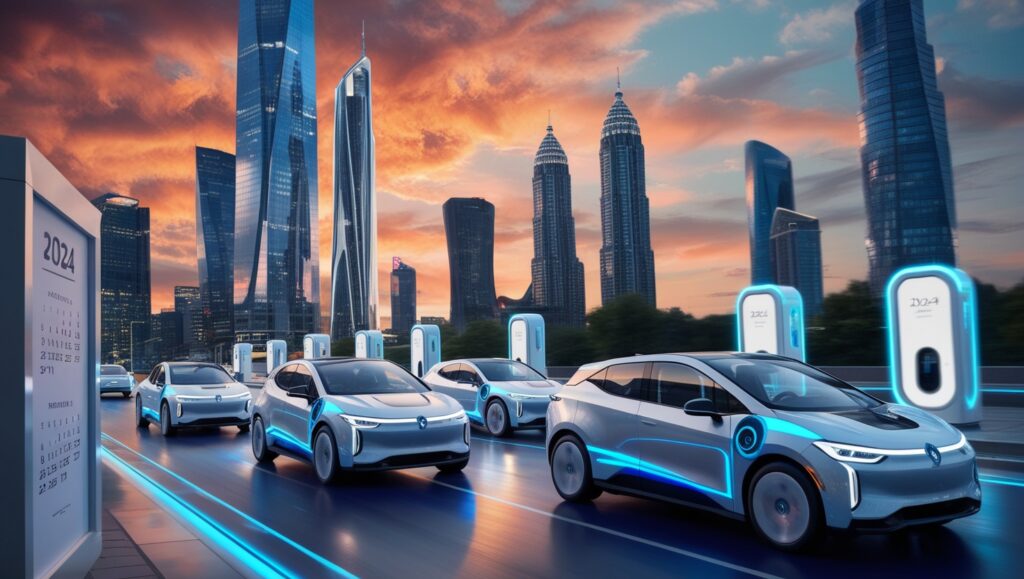
Electric vehicles (EVs) are here to stay, but what about charging costs? Here’s a glimpse into the future:
Grid Modernization: As renewable energy sources like solar and wind power become more prevalent, electricity costs could potentially decline, impacting home charging costs.
Smarter Charging: Advanced charging technologies could optimize charging times and costs, potentially leading to more efficient and affordable charging.
Public Station Expansion: The growth of charging infrastructure might lead to more competitive pricing among public charging providers.
The Takeaway: While short-term predictions are difficult, the future of EV charging looks promising. Technological advancements and infrastructure growth could lead to more affordable charging options for top electric vehicle owners in the years to come.
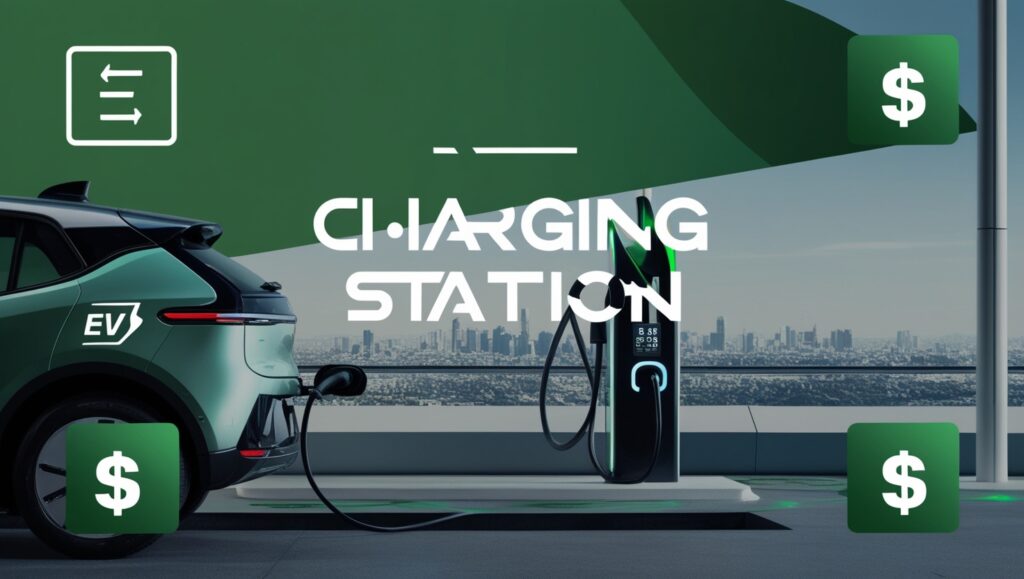
Normally I do not read article on blogs however I would like to say that this writeup very forced me to try and do so Your writing style has been amazed me Thanks quite great post